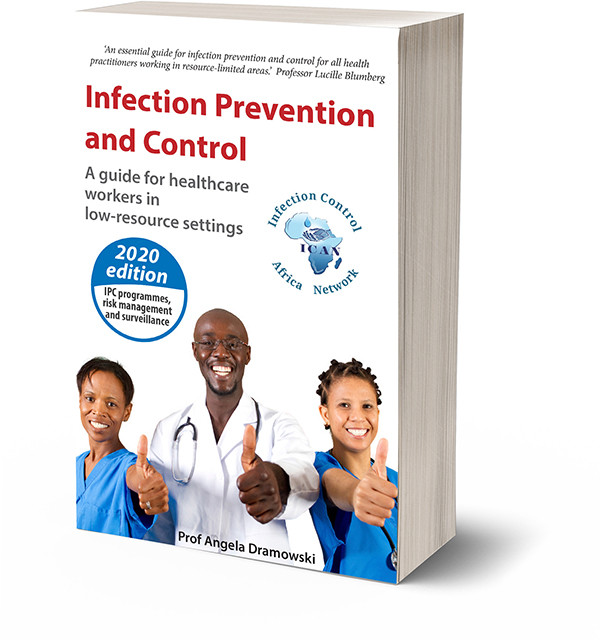Quiz 11: Parasites
Please choose the one, most correct answer to each question or statement.
- Children with roundworm infection:
- Usually appear well and have no symptoms.
- Present with blood in the stool.
- Commonly become jaundiced.
- May develop convulsions due to cysts in the brain.
- What should be used to treat roundworm infection?
- Oral antibiotics.
- Metronidazole (Flagyl).
- Mebendazole or albendazole.
- Liquid paraffin.
- Roundworm infection can be prevented by:
- Safe disposal of human faeces.
- Boiling drinking water.
- Avoiding uncooked meat.
- Not having dogs as pets.
- Severe whipworm infection presents with:
- Loose stools with blood.
- Segments of worm in the stool.
- Vomiting worms.
- An itchy skin rash on the ankles.
- Pinworm infection usually presents with:
- Abdominal pain and distension.
- A maculopapular rash.
- Cough and wheeze.
- Perianal itching and scratching at night.
- What is an important complication of severe hookworm infection?
- Rectal prolapse.
- Iron deficiency anaemia.
- Severe malnutrition.
- Haematuria (blood in the urine).
- Tapeworm infection is common:
- In areas where children swim in dams and rivers.
- In families where partially cooked pork is eaten.
- In towns where dogs are kept as pets.
- In rural areas where pigs are allowed to eat human faeces.
- Neurocysticercosis (many small cysts in the brain) results from:
- Swallowing the eggs of the pork tapeworm.
- Human infection with the sheep or goat tapeworm.
- Ear infection with maggots (fly larvae).
- Pneumocystis infection.
- Hydatid disease is due to human infection with the:
- Cat tapeworm.
- Dog tapeworm.
- Pig tapeworm.
- Cow tapeworm.
- What is an important sign of Giardia infection?
- Itching of the skin.
- Severe vomiting and dehydration.
- Diarrhoea.
- Blood in the stools.
- Giardiasis should be treated with:
- Metronidazole (Flagyl).
- Mebendazole.
- Albendazole.
- Praziquantel.
- Amoebiasis is an important cause of:
- Renal failure.
- Dysentery.
- Asthma.
- Convulsions.
- Many intestinal parasites can be prevented by:
- Immunisation.
- Avoiding unpasteurised milk.
- Routine deworming each year with co-trimoxazole.
- A safe source of clean drinking water.
- Bilharzia parasites infect and multiply in:
- Mosquitoes.
- Water snails.
- The gut of pigs.
- The soil.
- Bilharzia infection of the bladder usually presents with:
- Abdominal pain.
- A high fever.
- Pain and difficulty passing urine, especially at night.
- Blood in the urine towards the end of micturition (passing urine).
- The clinical diagnosis of malaria can be confirmed by:
- Staining a thick blood smear.
- Examining a spun deposit of urine.
- Measuring the serum bilirubin concentration.
- Determining the packed cell volume or haemoglobin concentration.
- A dangerous feature of severe malaria is:
- Oedema of the face and ankles.
- Hypertension.
- A depressed level of consciousness.
- A high blood glucose concentration.
- Uncomplicated malaria should be treated with:
- Intravenous quinine plus clindamycin.
- Oral Coartem.
- Oral chloroquine alone.
- A single dose of intramuscular tetracycline.
- What is the best way of preventing malaria?
- Take prophylactic drugs for the time you are in the malaria region.
- Prevent mosquito bites.
- Only visit malaria regions in the rainy season.
- Prevention is not needed for people who live in malaria regions as they rapidly become immune to malaria.
- The recommended malaria prophylaxis for young children under 10 kg is:
- Malanil (atovaquone plus proguanil).
- Doxycycline.
- Chloroquine.
- Coartem.

